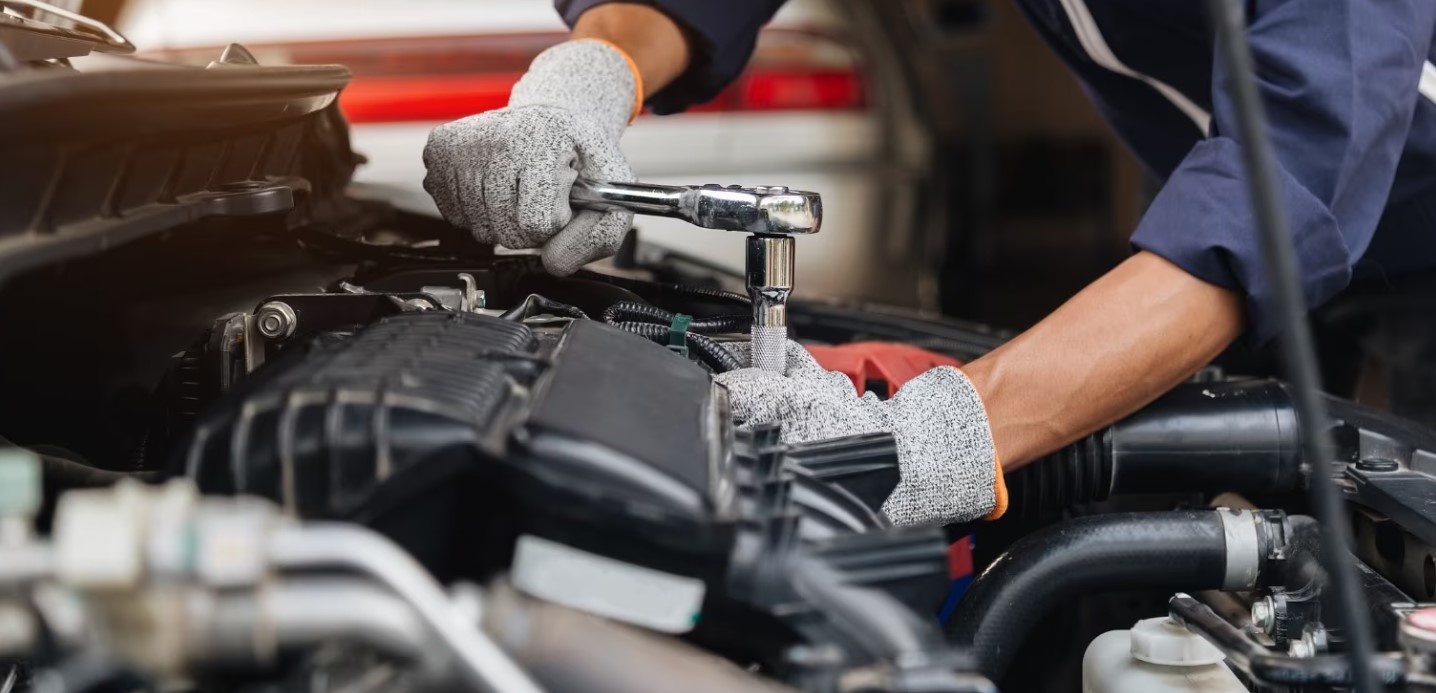Car tune-up is a crucial aspect of maintaining your vehicle’s health and ensuring its longevity. A car tune-up involves inspecting, cleaning, and replacing various parts of your car’s engine, such as spark plugs, filters, and fluids. Regular tune-ups can help you save money on repairs in the long run and improve your car’s fuel efficiency, power, and performance. In this article, we’ll cover everything you need to know about car tune-ups, including when to get one, what’s involved in the process, and why it’s essential for your car’s well-being.
What Is a Car Tune-Up?
A car tune-up is a routine maintenance task that involves inspecting, cleaning, and replacing various components of your car’s engine. A tune-up can vary depending on the make and model of your car, as well as its age, mileage, and usage. Some common components that may be inspected or replaced during a tune-up include:
- Spark plugs
- Ignition coils
- Air and fuel filters
- Belts and hoses
- Fluids (oil, coolant, transmission fluid, etc.)
During a tune-up, a mechanic will typically check for any signs of wear or damage on these components and replace them if necessary. They may also perform other tasks, such as adjusting the timing and idle speed of your engine, inspecting the battery and charging system, and checking the emission control system.
When Should You Get a Car Tune-Up?
One of the most common questions people have about tune-ups is when to get one. The answer can vary depending on your car’s make and model, but in general, you should get a tune-up every 30,000 miles or every two years, whichever comes first. However, if you notice any of the following warning signs, you may need to get a tune-up sooner:
- Your engine is running rough or stalling
- You’re experiencing a decrease in fuel efficiency
- You’re having trouble starting your car
- Your car is emitting strange odors or smoke
- Your check engine light is on
If you’re unsure whether your car needs a tune-up, it’s always best to consult with a trusted mechanic.
Also Read: Signs that Indicate Your Car Battery Needs to be Replaced
What’s Involved in a Car Tune-Up?
The exact tasks involved in a tune-up can vary depending on your car’s make and model, as well as its age and mileage. However, some common tasks that may be performed during a tune-up include:
Inspection of the Ignition System
During an ignition system inspection, a mechanic will check your car’s spark plugs, ignition coils, and other components to ensure that they’re functioning properly. If any components are worn or damaged, they may need to be replaced.
Replacement of Filters
Air and fuel filters can become clogged over time, reducing your car’s performance and fuel efficiency. During a tune-up, a mechanic will check and replace these filters if necessary.
Inspection of Belts and Hoses
Belts and hoses can wear out over time, leading to leaks or even engine failure. During a tune-up, a mechanic will inspect these components and replace them if necessary.
Fluid Replacement
Fluids, such as oil, coolant, and transmission fluid, can become dirty or contaminated over time. During a tune-up, a mechanic will check these fluids and replace them if necessary.
Other Tasks
Other tasks that may be performed during a tune-up include checking the battery and charging system, inspecting the emission control system, and adjusting the timing and idle speed of your engine.
Also Read: How to find a reliable auto repair shop near you?
Why Is a Car Tune-Up Important?
Regular tune-ups are essential for maintaining your car’s health and longevity. Here are a few reasons why:
Improved Fuel Efficiency
When your car’s components are clean and functioning properly, it can improve your fuel efficiency, which means you’ll spend less money on gas over time.
Increased Power and Performance
If your car’s components are worn or damaged, it can negatively affect your car’s power and performance. A tune-up can help restore your car’s performance and make it feel like new again.
Longevity
Regular tune-ups can help extend the life of your car. By replacing worn or damaged components before they cause more significant issues, you can save money on costly repairs in the long run.
Safety
A well-maintained car is a safer car. By keeping up with your car’s tune-ups, you can help prevent accidents caused by worn or damaged components.
DIY vs. Professional Car Tune-Ups
While some car owners may choose to perform their tune-ups, it’s generally recommended that you have a professional mechanic do the job. A mechanic has the tools, experience, and knowledge to perform a thorough tune-up and catch any potential issues before they become major problems. Plus, if your car is still under warranty, performing your own tune-up may void the warranty.
Conclusion
Regular tune-ups are essential for maintaining your car’s health and ensuring its longevity. By knowing when to get a tune-up, what’s involved in the process, and why it’s important, you can keep your car running smoothly for years to come. If you’re unsure whether your car needs a tune-up, consult with a trusted mechanic, they can help you determine what’s best for your vehicle. Remember, a well-maintained car is a safe, reliable, and cost-effective car.
Need A Car Tune-Up?


